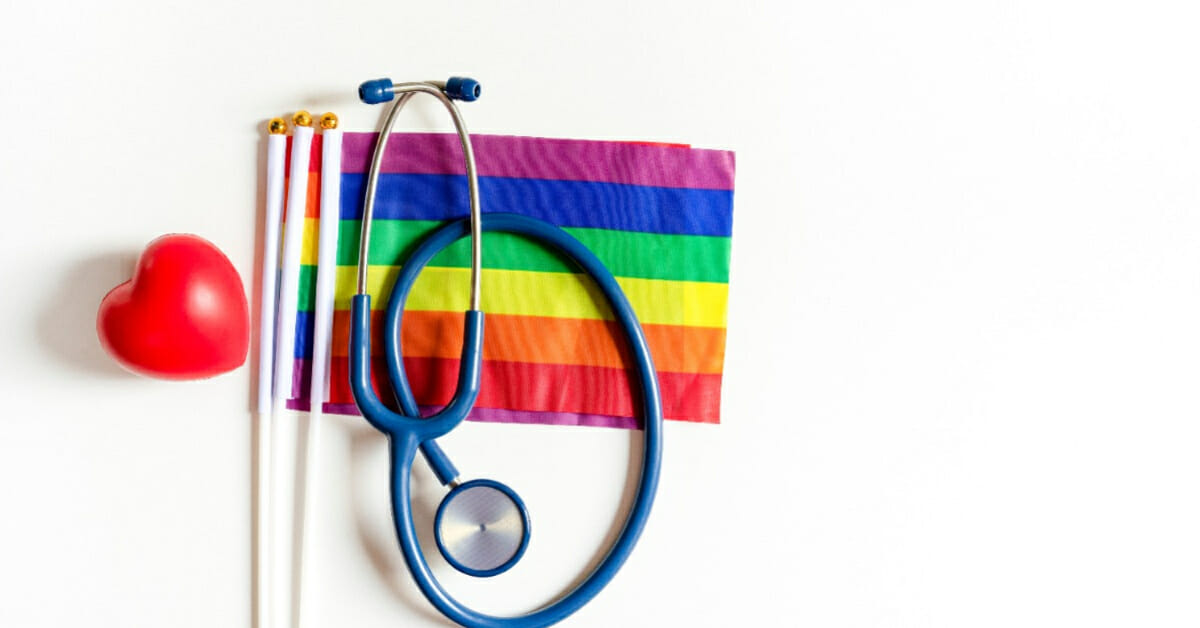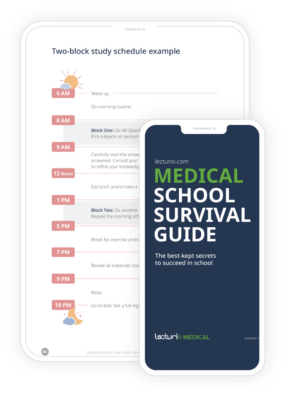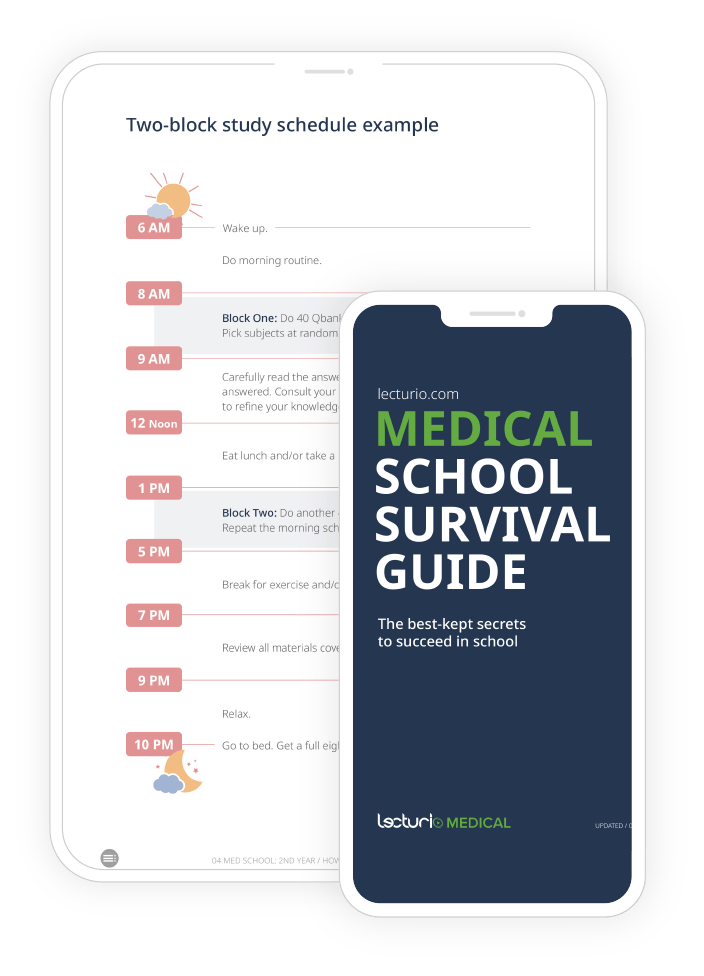Pride Month gives all of us in the medical field a unique opportunity to zoom in on healthcare topics that impact members of the LGBTQ+ community.
By shining a spotlight on these areas and advocating for change, we can bring the spirit of Pride Month into healthcare. Let’s strive to make it a space where everyone feels safe, valued, and cared for.
The Statistics
Before anything else, let’s check out the facts: A significant number of LGBTQ+ patients report experiencing discrimination in healthcare situations. The stats show that 57% have been subjected to slurs, 51% to microaggressions, and another 51% to sexual harassment, with racial/ethnic minorities having even higher odds of experiencing discrimination.
Communication and Awareness
Now, let’s chat about communication and awareness. Medical schools need to get their students up to speed on LGBTQ+ health issues, be it mental health, HIV/AIDS, hormone therapy, or surgeries related to transitioning. Have you encountered any of these topics yet in your curriculum? Future physicians also need to know how to speak with their LGBTQ+ patients in a respectful and understanding way.
Rules and Guidelines
Next up, we’ve got the ground rules. Hospitals and clinics need to lay down some solid guidelines to ensure nobody faces discrimination because of their sexual orientation or gender identity. This could include clear rules against discrimination, keeping patient information confidential, and always respecting patients’ chosen names and pronouns.
Mental Health
Now, let’s talk about mental health. According to the National Alliance on Mental Illness (NAMI), adults in the community are twice as likely as heterosexual adults to experience a mental health condition like depression, anxiety, or suicidal thoughts. For transgender individuals, that number nearly quadruples. Med students should know how to spot these issues and provide the right kind of mental health support.
Sexual and Reproductive Health
Moving on to sexual and reproductive health. Healthcare personnel should be prepared to address unique needs, from advice on safe sex, fertility options for same-sex couples, and specific healthcare needs for trans people.
Medical Research
Medical research is the backbone of future medical practice. However, many national and state studies do not ask about sexual orientation and gender identity, making it hard to fully understand the size and specific health needs of the LGBTQ+ population.
Transgender Health
Lastly, let’s dive into transgender health. This area deserves dedicated attention. Future healthcare professionals need to understand hormone replacement therapy (HRT), surgeries, and the potential emotional impacts of transitioning.
Resources
- TheTrevorProject: online counselling service providing information and support to LGBTQ youth
- Pride in Health + Wellbeing: Australian national membership program that provides year-round personalized support to organizations within the Health, Wellbeing and Humans services sector to improve their LGBTQ inclusion in the services they provide and within their workforce
- How to make your medical practice more inclusive: blog with practical steps how to ensure inclusivity in medical practice
- Australian LGBTQ+ Health Alliance
- Health & Care LGBTQ+ Inclusion Framework: practical framework by the NHS Confederation with tools to create inclusive environments for staff and service users alike
- Resource list by the CDC: listing hotlines, referral services and LGBT health clinics by state and city
- National Healthcare Equality Index
- Gay & Lesbian Medical Association (GLMA)
- Guide to gender-affirming care for nurses
- Education resources for healthcare providers by the National LGBTQIA+ Health Education Center
Take the Course
Complete online course on Diversity, Equity, Inclusion and Belonging with Dr. Angela Richard-Eaglin.







